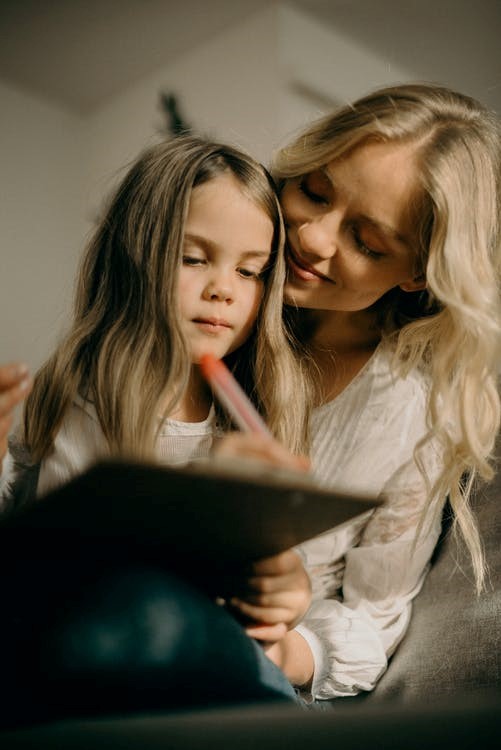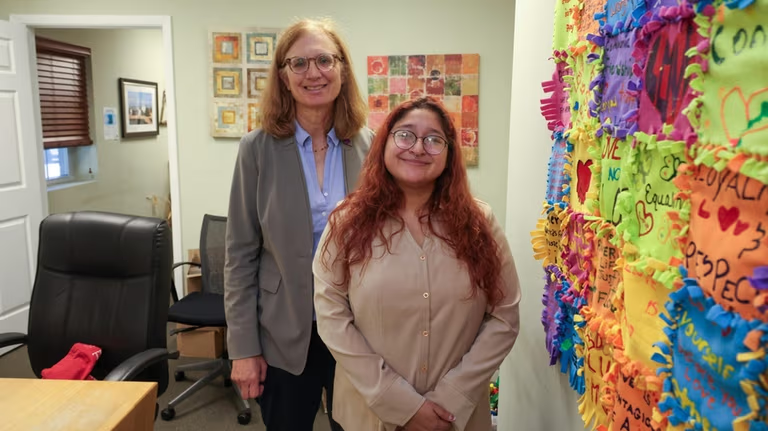
Domestic violence is one of the main reasons couples get divorced. In the state of New York, the domestic violence rate against women is at 31.70%. Against men, the rates are at 29.00%. Though these rates are middling in comparison to the rest of the country, the fact domestic violence occurs at all is a cause for concern. As we mention in ‘Childhood Witnesses to Domestic Violence,’ exposure to domestic violence has lasting effects on a child’s development, even if they are not involved. Witnessing domestic violence can encode negative beliefs about things like punishment, right and wrong, and self-worth. Statistics show that witnesses of domestic violence are at an increased risk of developing anger issues, anxiety, and antisocial behavior. Divorcing parents is traumatic for any child, but when the split is linked to abuse, it can be much harder on them.
Fortunately, in cases of divorce, children usually receive protection from abusive parents. Maryville University’s article on child custody cases explains that in divorce proceedings where children are suspected to be at risk of abuse or neglect, the court orders the non-abusive parent to care for the child. This is the case whether the suspected abuse was physical or psychological.
However, supporting your child through a custody battle against an abusive former spouse can still be a complicated endeavor. Affection for a loved one and the knowledge that they committed unforgivable violence can still coexist. For their children to grow up healthy, parents then need to help navigate the complex feelings associated with both abuse and divorce.
Establish that the violence was not okay
The sad thing about abuse is that it’s cyclical. As psychotherapist Elise Franklin explained to Mel Magazine, people who are exposed to abuse for the majority of their lives may grow up seeing abuse as normal, especially if their experiences with abuse coincide with love. The normalization of abuse can lead to unconscious re-enactment.
If your children witnessed or were victims of your former spouse’s abuse, you need to establish that the violence committed was not acceptable. Though it can be a difficult topic to address, getting the message across early on can prevent your children from emulating abusive behaviors.
Unload emotions elsewhere
Any type of divorce is a difficult experience, and it’s normal to want to unload some of that emotional pain. However, you should not rely on your children for emotional support. For one, this is a difficult time for them too. For another, your children’s brains are still developing. Because they’re not equipped with the knowledge or experience to handle adult problems, being exposed to them may worsen their feelings of anxiety, worry, and helplessness. Your children should depend on you, not the other way around. It is better to discuss these issues with trusted friends, family, or mental health professionals.
Encourage them to express their feelings
During this difficult time, you need to make your children feel validated and heard. Listen to them when they discuss their feelings, and remind them that their emotions are normal. Try your best to show that you understand them and where they’re coming from. If they have questions about the situation, do your best to answer them honestly.
Help them manage changes
With one of their parents out of the picture, your children’s day-to-day lives will be very different. To help them prepare, be proactive about discussing what might change in their daily routines. During the divorce, you might have to move out. This may also cause your children to transfer schools. You might stop having holidays with your ex’s family. Discussing these changes early gives them more time to make sense of the situation.
Though divorcing an abusive spouse can help protect your child from further violence, that doesn’t mean that the separation won’t be emotional for them. Support your child by encouraging them to express their feelings, helping them manage changes, and being a model of calm during the process.
Article contributed by Rosie Jules, exclusively for The Retreat.
Learn more about The Retreat’s counseling services and the SPARK program for children. To speak with someone to find out how you can get help, call our 24-hour hotline, 631-329-2200.


